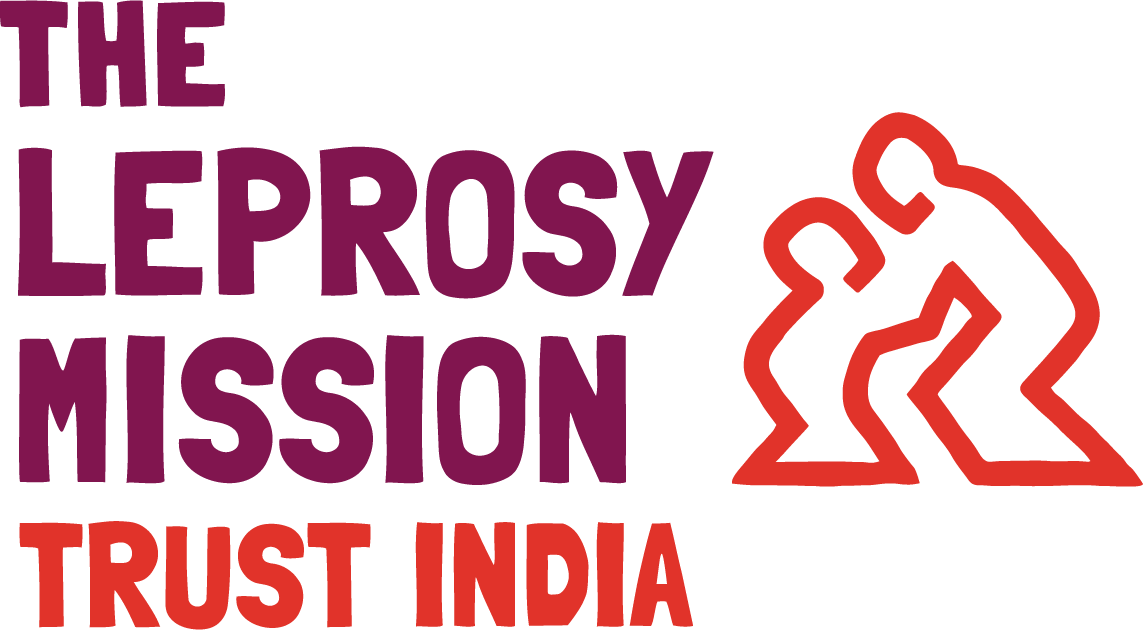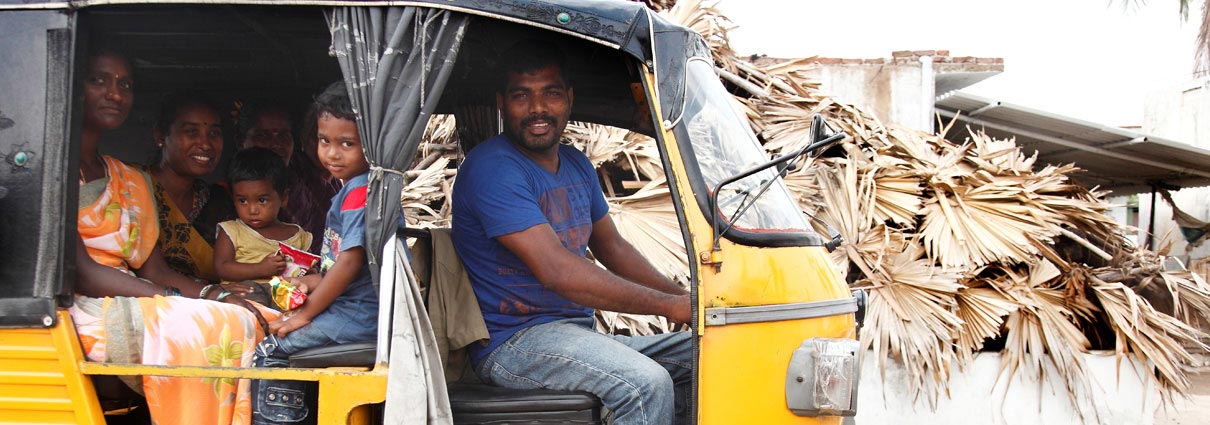Social Protection
Social protection measures are intended to provide a safety net to reduce poverty and vulnerability. This is done through promoting efficient labour markets, enhancing the capacity of young boys and girls affected by leprosy/disability, and marginalised women, boys and girls from rural communities to manage economic and social risks, such as unemployment, exclusion, sickness, disability and old age. For people affected by leprosy/disability who cannot work owing to the severity of their impairments, social security is the only option.
The Convention on the Rights of Persons with Disabilities (CRPD) requires states to recognise the right of persons with disabilities to social protection and to the enjoyment of that right without discrimination on the basis of disability (Article 28). It spells out what is required to enable people with disabilities to enjoy this right, including access to food, clothing, clean water, affordable services, devices and other assistance for disability-related needs.
Disability-related needs include social protection and poverty reduction programmes, adequate training, counselling, financial assistance, respite care, public housing, and retirement benefits. People with disabilities who are out of work, who cannot work, or whose resources from occupational activities are not sufficient to maintain their livelihood enjoy a minimum standard of living through social protection measures.
The Leprosy Mission Trust India’s (TLMTI) Sustainable Livelihood programme supports people affected by leprosy/disability to access specific or mainstream social benefits, and advocate for social protection policies and programmes. It works with community groups to ensure that people affected by leprosy/disability are included in the existing programmes.
TLMTI informs them about the provisions under the law, such as workers’ rights and entitlements that people with leprosy/disabilities can claim. This includes assistance with transport, schooling, training, aids and appliances. Its programmes support disabled people’s organisations (DPOs) and other community groups to form partnerships and work with mainstream social security and assistance services. This is to ensure that they understand and adapt their practices to the specific needs of people affected by leprosy/disabilities. Also, it supports them in accessing social welfare schemes (such as, pension, health, housing, education, skill development, and aids and appliances). Some of the specifics are:
TLMTI supports people affected by leprosy/disability in accessing government disability/old-age pension.
It supports them in acquiring a reasonable and hygienic shelter, through mainstream resources and government programmes, like Pradhan Mantri Gramin Awaas Yojana (previously Indira Awaas Yojana), a social welfare programme, created by the Central government to provide housing for the rural poor in India. The programme focuses on providing a secure shelter to individuals in their own communities. Having a roof over one’s head helps people affected by leprosy fight the stigma and improve their social status.
It also supports them to get enrolled and included in the livelihood security scheme of the Government of India, MNREGA (Mahatma Gandhi National Rural Employment Guarantee Act 2005). MNREGA guarantees 100 days of employment to those registered under the scheme. Besides, they are supported to avail themselves of loans and grants under various poverty reduction schemes.


